What really caused Iran’s economic crisis?
President blames US as he warns country faces toughest economic situation in 40 years

A free daily email with the biggest news stories of the day – and the best features from TheWeek.com
You are now subscribed
Your newsletter sign-up was successful
Iran’s president has blamed the United States for the country’s economic difficulties, which he said included the biggest pressures and sanctions in 40 years.
“Today our problems are primarily because of pressure from America and its followers. And the dutiful government and Islamic system should not be blamed,” said President Hassan Rouhani.
Last year Donald Trump controversially withdrew from the multilateral accord agreed by his predecessor which lifted international sanctions in return for restrictions on Iran’s nuclear programme.
The Week
Escape your echo chamber. Get the facts behind the news, plus analysis from multiple perspectives.

Sign up for The Week's Free Newsletters
From our morning news briefing to a weekly Good News Newsletter, get the best of The Week delivered directly to your inbox.
From our morning news briefing to a weekly Good News Newsletter, get the best of The Week delivered directly to your inbox.
Since then, the US has re-imposed economic and oil sanctions, stifling any fiscal recovery.
The move “touched off a record drop in Iran’s currency, prompted an exodus of foreign firms, plunged the nation into a recession and renewed its economic isolation”, says The Times of Israel.
“Workers, including truck drivers, farmers and merchants, have since launched sporadic protests against economic hardships, which have occasionally led to confrontations with security forces,” reports Reuters.
Middle East Monitor, however, says US sanctions have merely compounded “years of mismanagement” in the economy.
A free daily email with the biggest news stories of the day – and the best features from TheWeek.com
“Real incomes have fallen, with inflation peaking at over 35%, compared with below 10% a year ago. Last month, the government reintroduced subsidies for basic foodstuffs in an attempt to ease the pressure on families, but as the costs of imported goods have risen, the government deficit has also increased,” says the news site.
There has been anger at continued spending on foreign proxy wars in the Middle East, while protesters have also targeted Rouhani personally after he staked his political credibility on the deal with the US, a country long known in Iran as “the Great Satan”.
In a bid to appease hardliners in the government, Rouhani, a moderate, has adopted a more bellicose tone towards the US in recent months, ironically playing into the White House’s narrative of an increasingly aggressive Iran.
The EU, China and Russia have denounced Trump’s decision to re-impose sanction, but “there have been some indications that European powers are also gravitating toward the US position”, says The Times of Israel.
“Iran’s recent work on launching satellites into space has faced criticism from the West as a possible effort to advance its missile program, since the rockets used in the two programs depend on very similar technology to work around the sanctions have failed to stop,” says the newspaper.
-
 The week’s best photos
The week’s best photosIn Pictures An explosive meal, a carnival of joy, and more
-
 The ‘ravenous’ demand for Cornish minerals
The ‘ravenous’ demand for Cornish mineralsUnder the Radar Growing need for critical minerals to power tech has intensified ‘appetite’ for lithium, which could be a ‘huge boon’ for local economy
-
 Why are election experts taking Trump’s midterm threats seriously?
Why are election experts taking Trump’s midterm threats seriously?IN THE SPOTLIGHT As the president muses about polling place deployments and a centralized electoral system aimed at one-party control, lawmakers are taking this administration at its word
-
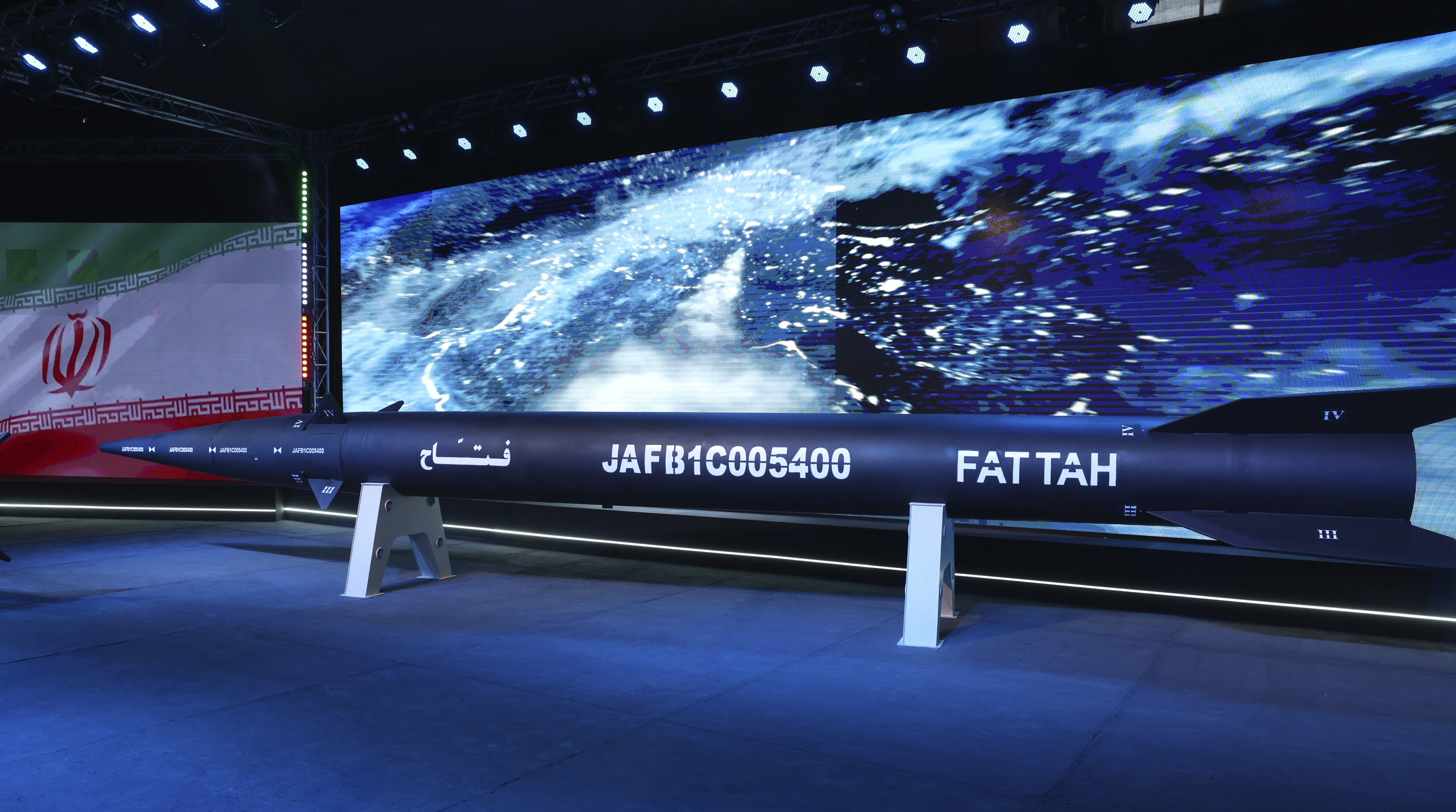 Iran claims to have built its first hypersonic missile
Iran claims to have built its first hypersonic missileSpeed Read
-
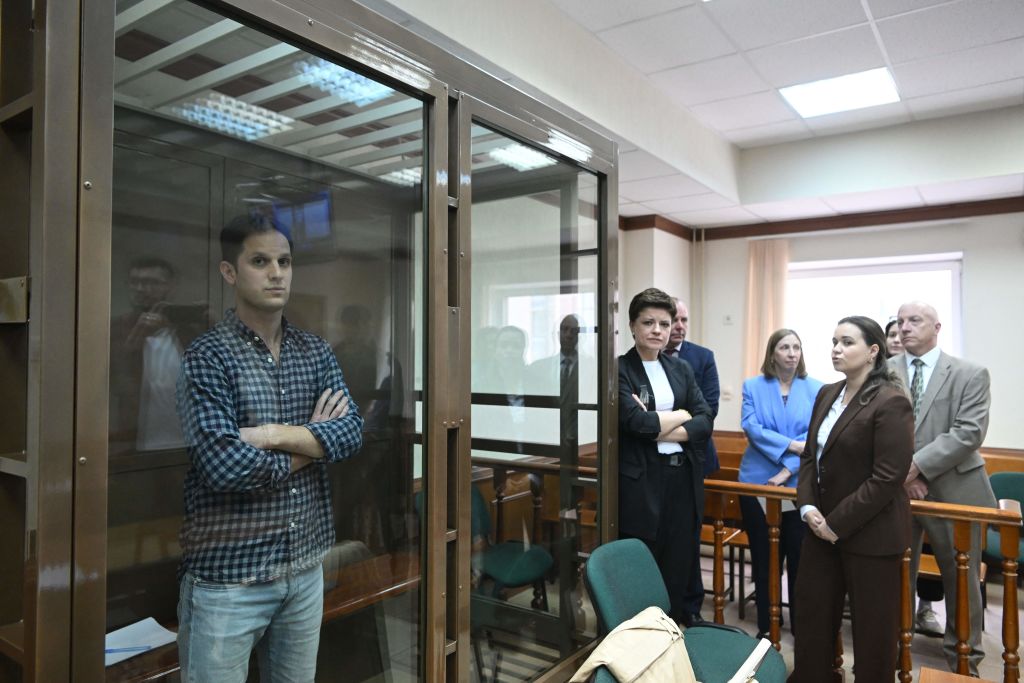 U.S. sanctions Russia and Iran for wrongfully detaining Americans
U.S. sanctions Russia and Iran for wrongfully detaining AmericansSpeed Read
-
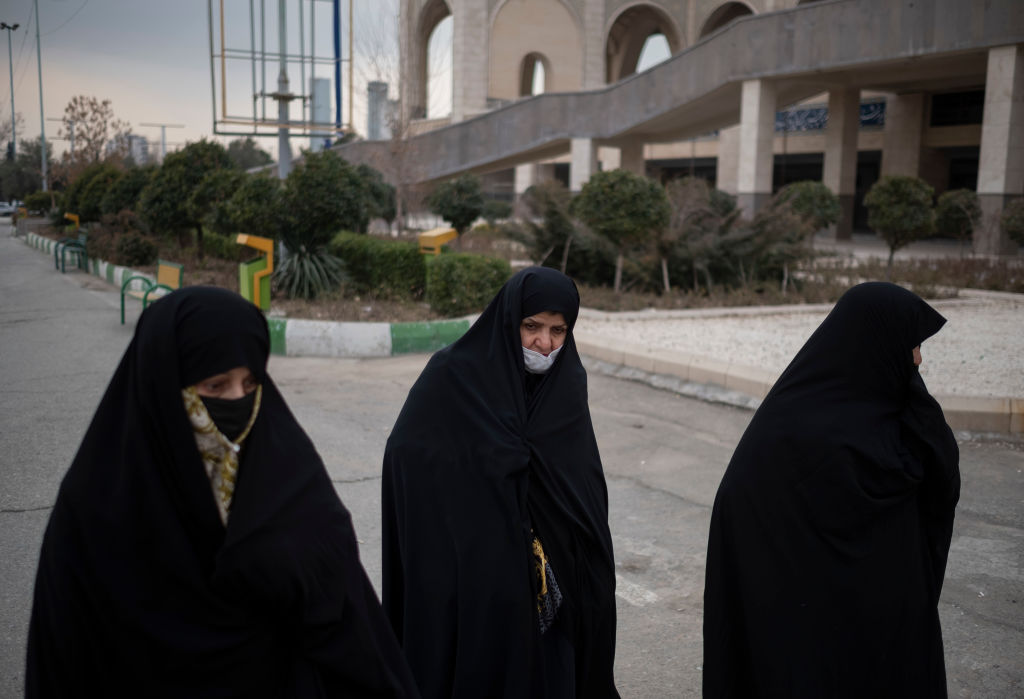 Iran installing public cameras to identify women not wearing hijabs
Iran installing public cameras to identify women not wearing hijabsSpeed Read
-
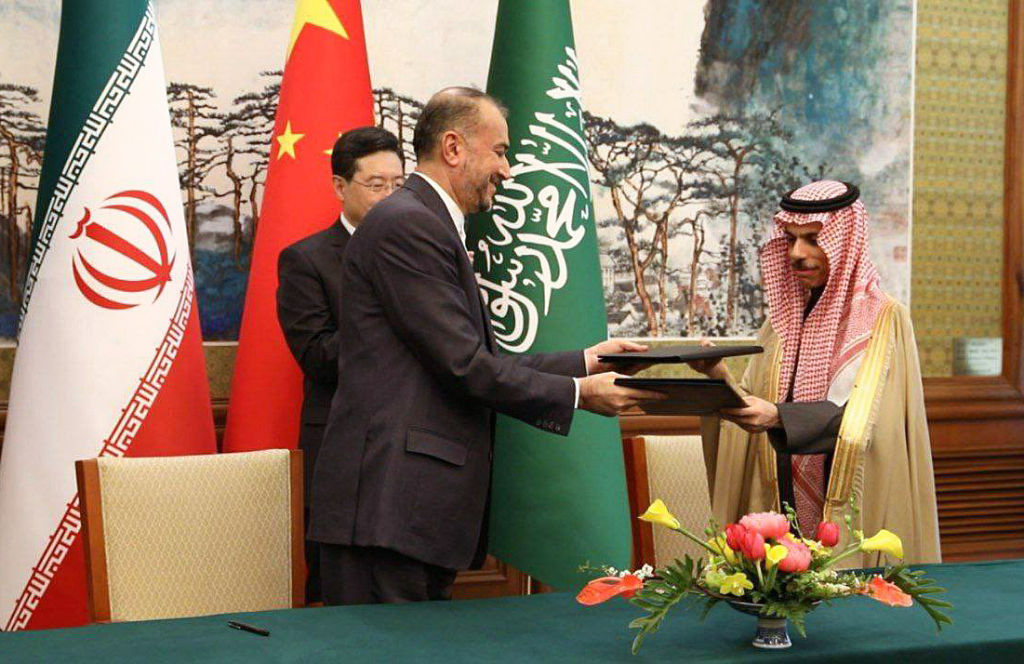 Iran and Saudi Arabia agree to reopen embassies, resume flights in China-brokered thaw
Iran and Saudi Arabia agree to reopen embassies, resume flights in China-brokered thawSpeed Read
-
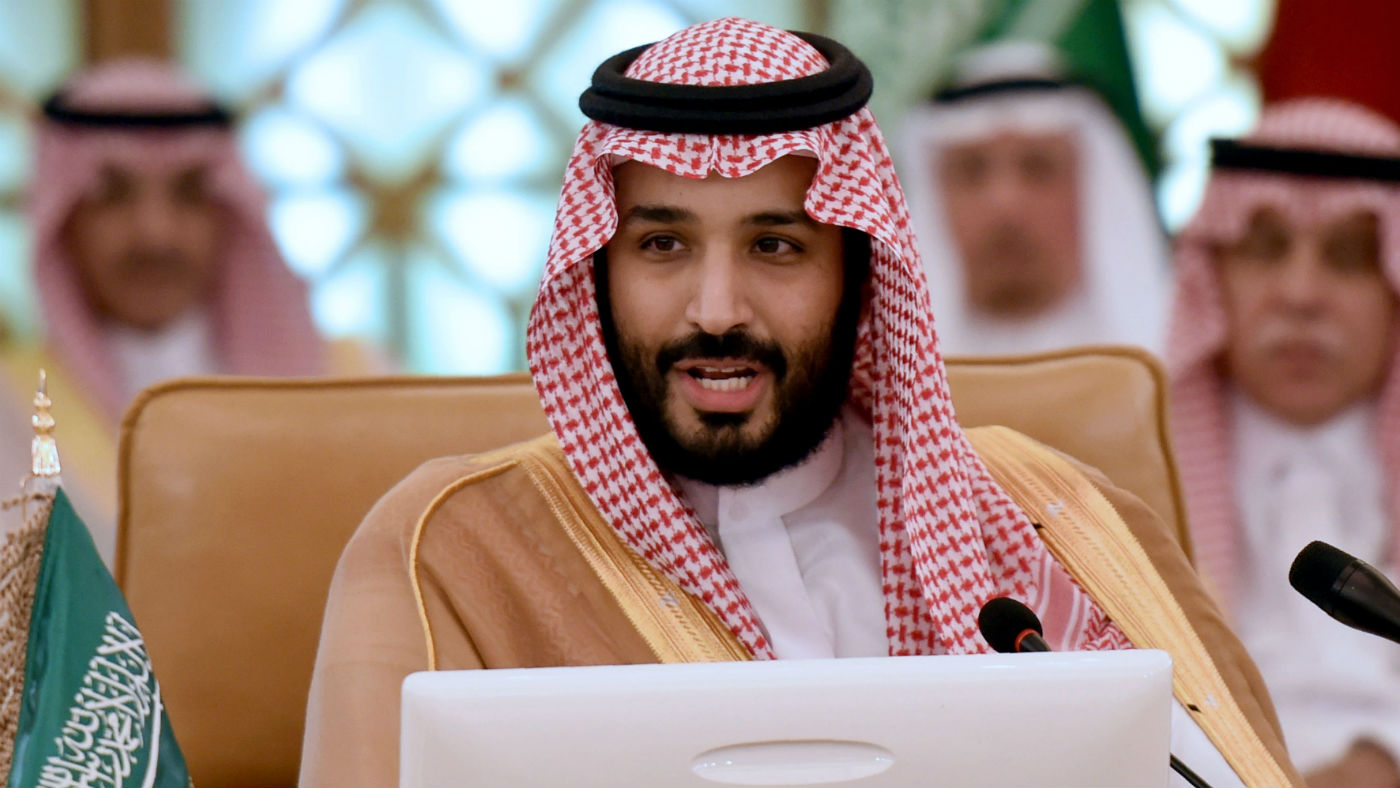 An end to Iran and Saudi Arabia’s seven-year rift
An end to Iran and Saudi Arabia’s seven-year riftfeature Thawing of relations could transform the Middle East
-
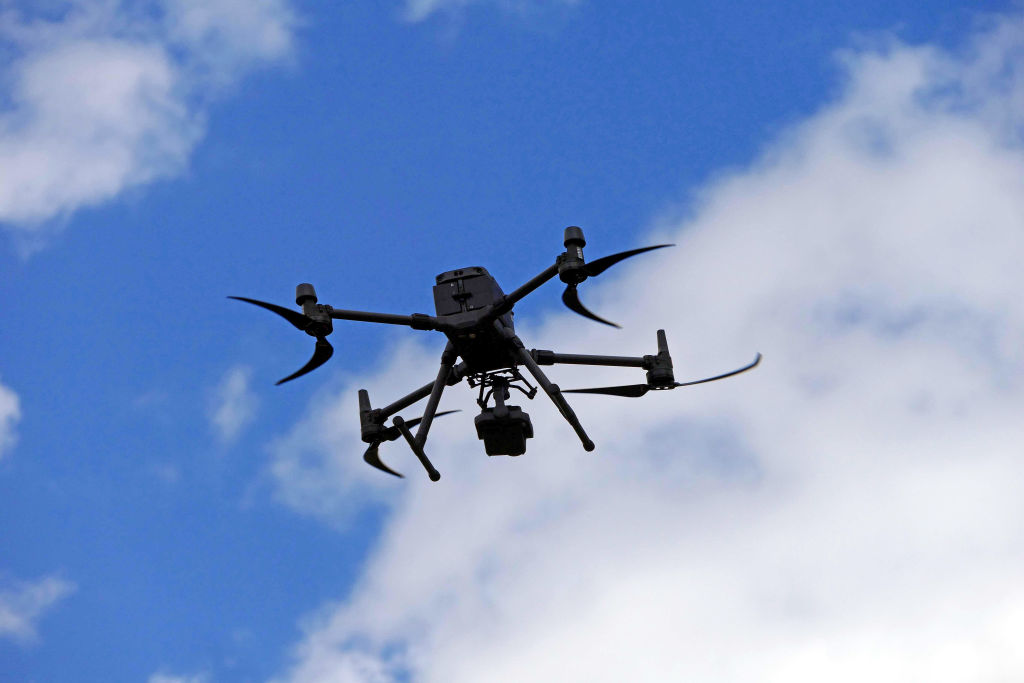 Israel reportedly behind drone attack on Iranian military-linked warehouse in Isfahan
Israel reportedly behind drone attack on Iranian military-linked warehouse in IsfahanSpeed Read
-
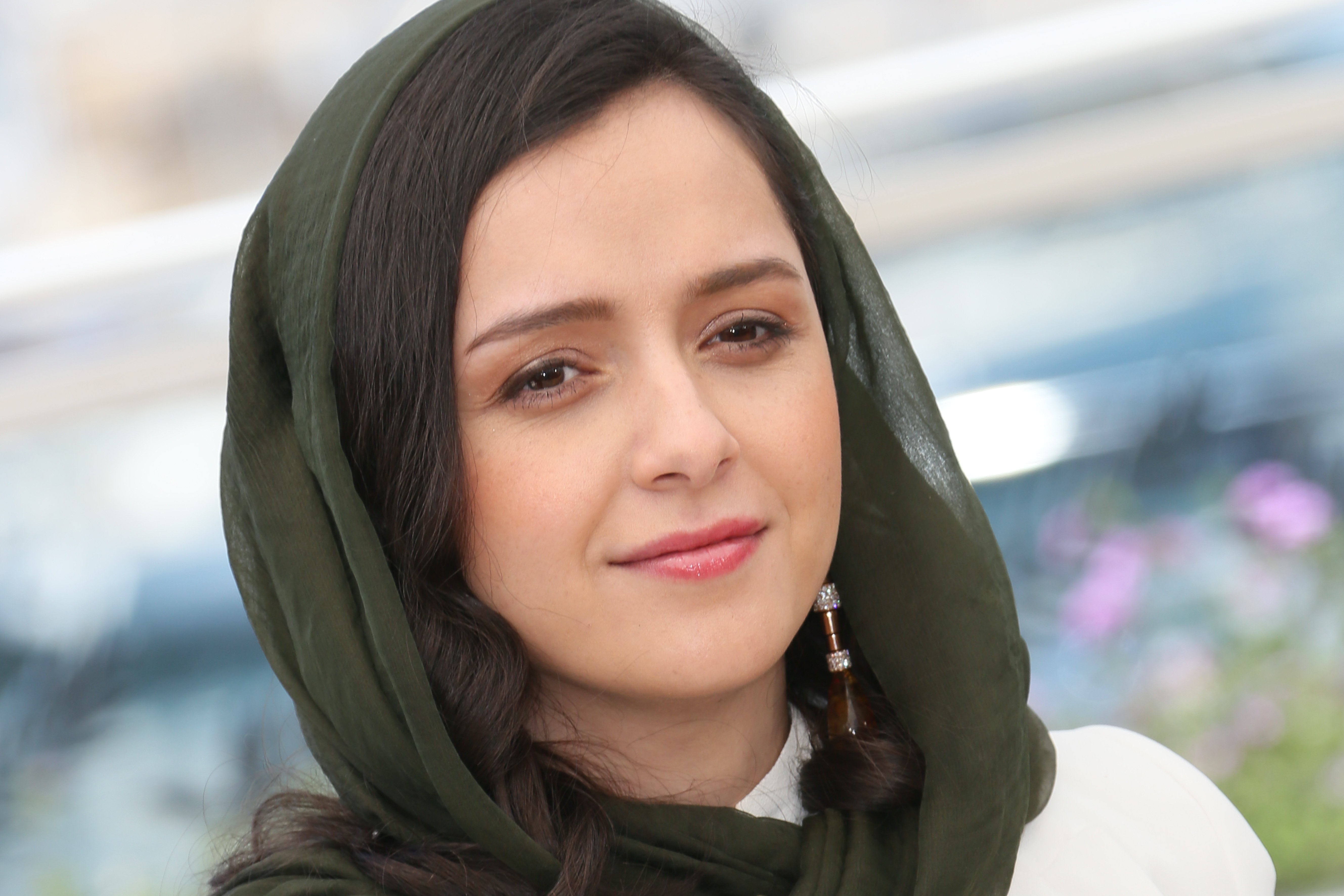 Iranian government arrests acclaimed actress in relation to protests
Iranian government arrests acclaimed actress in relation to protestsSpeed Read
-
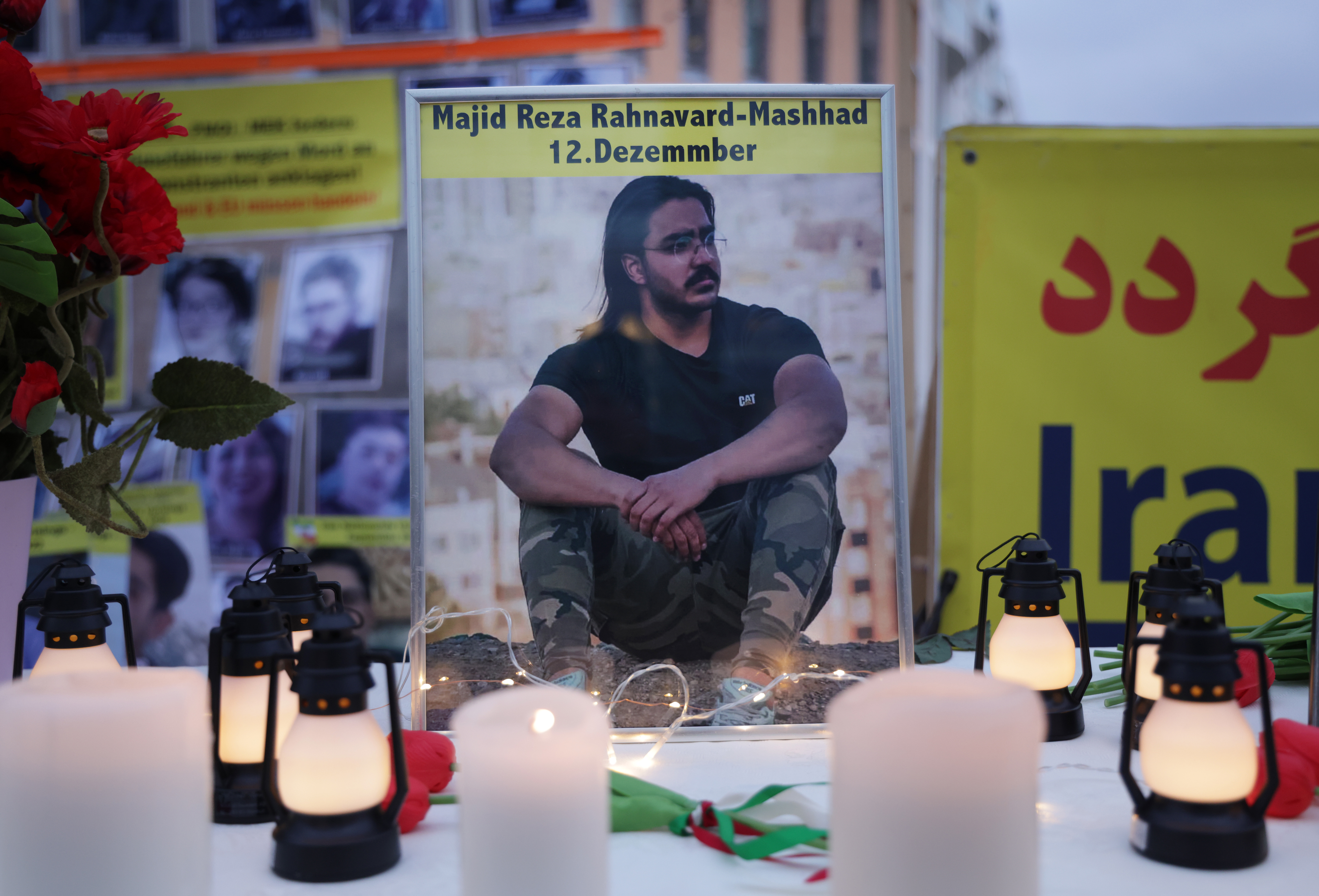 Iran publicly executes 2nd prisoner as warning to protesters
Iran publicly executes 2nd prisoner as warning to protestersSpeed Read